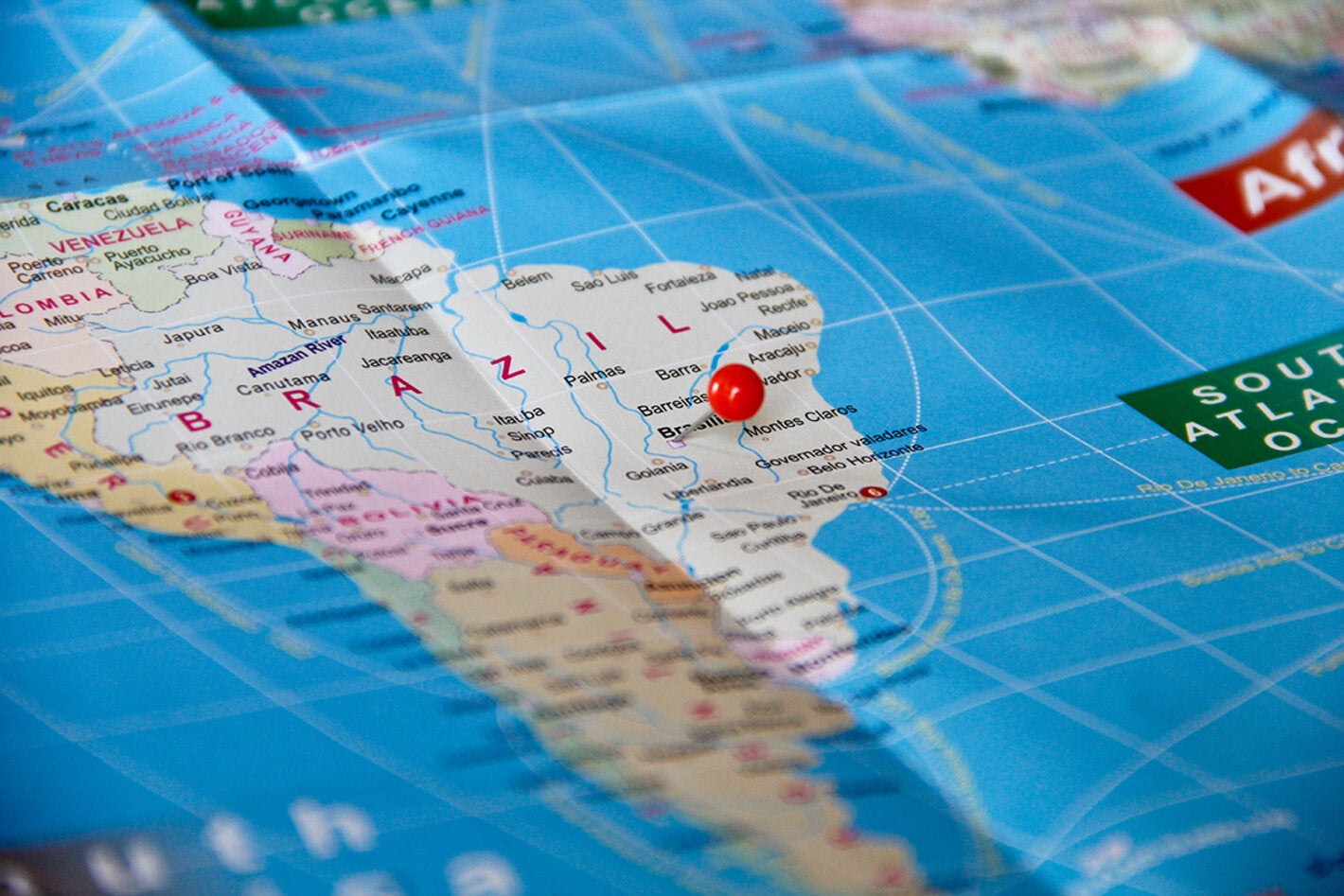
During the week of March 18 to 22, the Secretariat of Health Surveillance, Ministry of Health of Brazil, started a deworming and leprosy case-finding campaign aimed at 9.2 million school age children, in 800 municipalities in 27 states.
This campaign, which is part of Brazil´s "Integrated Strategic Action Plan for elimination of leprosy, lymphatic filariasis, onchocerciasis, schistosomiasis, trachoma as a cause of blindness and control of soil-transmitted helminthiases (STH)" will also allow for the early detection of leprosy cases and the reduction of morbidity caused by STH, since these parasites cause a high impact on the growth and development of children under 15. It is for this reason that deworming has focused mainly in this age group.

The strategy for this mobilization is administering albendazole by health professionals from the ministry of health, the state and the municipalities in coordination with teachers in schools. For the case-finding for possible cases of leprosy, teachers will collect student information on the presence of possible signs and symptoms of leprosy. Suspected cases will be referred to the family-health teams for diagnostic confirmation.
This is the first time that Brazil´s Ministry of Health implements a massive, nationwide deworming campaign. Integration with active search for leprosy cases and with different partners, such as state and municipal health secretariats and the education sector, as well as with organizations such as MORHAN (Movement of people affected by leprosy) and PAHO / WHO, among others, in addition to the active community participation, make this an innovative action both in Brazil and for the Americas Region.
This demonstrates the feasibility of implementing integrated strategies, with interprogrammatic and intersectoral coordination to advance towards the elimination or control of neglected infectious diseases in Latin America and the Caribbean, based on the commitment of the Member States of PAHO expressed through Resolution CD49.R19 on "Elimination of neglected diseases and other poverty-related infections."
In the Region more than 35 million schoolchildren require regular deworming to reduce the presence of STH and their effects.



